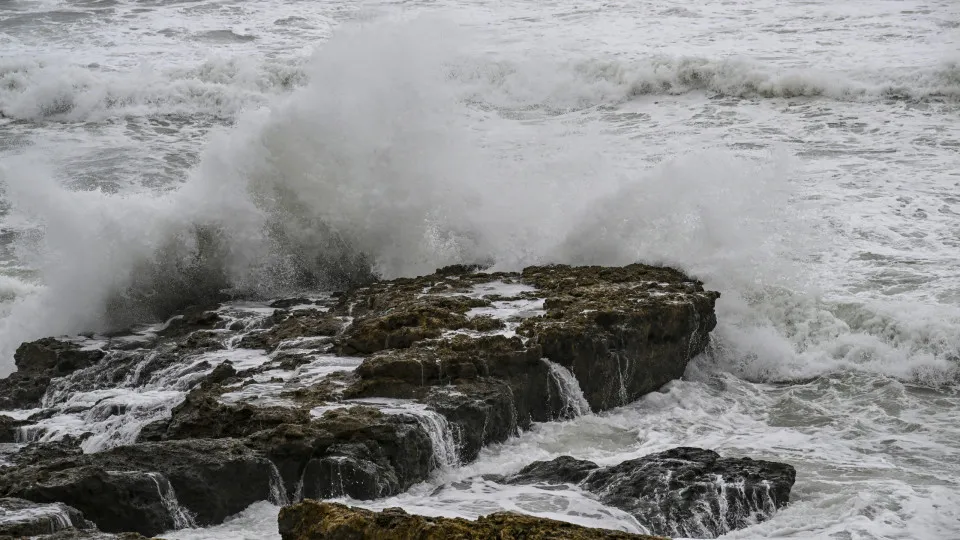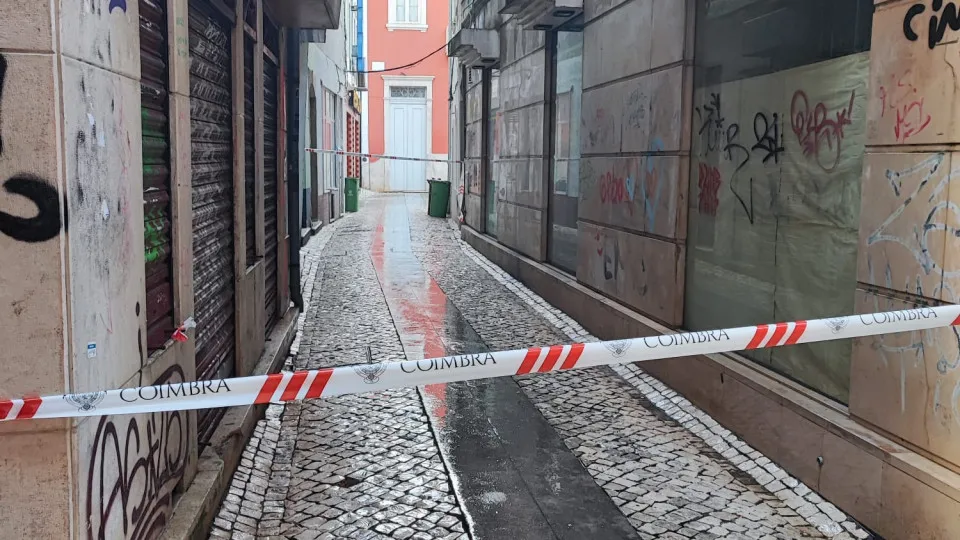
These are the most recent data to consider in these elections.
Candidates in 2025
In 2025, more than 800 political forces and citizen groups are running, presenting at least 12,860 candidate lists for 3,837 municipal offices, according to provisional data from the National Election Commission (CNE).
Recent data from the General Secretariat of the Ministry of Internal Administration (SGMAI) reveals that, in total, 1,584 lists from parties, coalitions, and citizen groups are running for city halls, 1,519 for municipal assemblies, and 9,764 lists for parish assemblies.
In today’s local elections, voters will elect the governing bodies of 308 city halls, 308 municipal assemblies, and assemblies of 3,221 parishes.
An additional 37 parishes will choose their executive in citizen plenaries due to having fewer than 150 voters.
According to CNE data, more than 300 parishes have only one candidate list.
Voters
According to data released by the Electoral Administration of SGMAI, 9,303,840 voters are registered for this election.
Of these, 9,262,722 are national voters, 18,319 are European Union (EU) foreign voters, and 22,799 are non-EU foreign voters.
Each voter will receive three ballots: one to elect the executive of one of the 308 city halls, another for the 308 municipal assemblies, and a third for the election of parish assemblies.
Reinstatement of Parishes
In this local election, 302 parishes that were merged or abolished will be reinstated to their administrative and territorial status before the 2012/2013 reform. 135 parish unions will cease to exist.
For the voter, according to the CNE, only the designation of the parish in which they are registered will change. Most previous voting locations will remain the same.
Commissions for the dissolution of parish unions were formed to take necessary actions, including updating personnel maps, assets, rights, and obligations to allocate to each parish to be reinstated.
A founding commission was also established for each parish to be reinstated, tasked by law to prepare the elections for local authority bodies and to define the headquarters of the reinstated parishes.
The current presidents of parish councils and the bodies of parish unions to be split will maintain their powers and functions until the new local government bodies take office and the new parish is formally reinstated.
Currently, there are 3,091 parish councils (Corvo is the only municipality in the country without a Parish Council, with its competences exercised by the City Hall), and following the elections, Portugal will have 3,258 (excluding Corvo’s specific situation).
Citizen Plenaries
In 37 parishes, councils will be chosen through citizen plenaries held in the northern and central regions and the Azores.
In these 37 parishes, registered citizens directly choose the council composition.
These plenaries occur in parishes with 150 or fewer voters, who on election day only vote in regular ballots for the choice of municipal bodies.
In previous elections, in 2021, 22 local authorities were in this situation, and in 2017 only six.
The district with the most cases is Guarda, with 11, but citizen plenaries also occur in the districts of Bragança (eight), Viseu (seven), on the Azorean island of Flores (five), Castelo Branco (three) Vila Real (two) and one in Coimbra.
The parish with the fewest voters is Mosteiro, on the island of Flores, with 27 voters.
City Halls
Of the 308 elected as city hall presidents in 2021, 251 completed the term.
An additional 57 left earlier, nearly all were at the limit of three consecutive terms and could no longer run again.
Aveiro and Lisbon, both with six cases, were the districts where more elected council members handed over their position to their deputy presidents.
The departures mostly occurred since the 2024 legislative and European elections, for positions in the Government, as deputies in the Assembly of the Republic or in Europe, and other public offices.
About 80 city hall presidents who remained until now are leaving this election due to reaching the limit of three consecutive terms in the same municipality.
Due to term limits, at least eight city hall presidents who must leave the municipalities they currently lead decided to run for neighboring councils.
More than 30 former city hall presidents, some elected for the first time over 20 years ago, are running again this year.
In the parishes, according to the National Association of Parishes (Anafre), over 400 presidents must depart due to term limits, including 18 of the 21 leaders in the association’s current board of directors.
Selection of the New Leaders for Municipal and Parish Associations
The boards of the National Association of Portuguese Municipalities (ANMP) and Anafre are elected in elective congresses following the local elections, with the presidency of each association going to the party that won the most local authorities (regardless of the total number of votes obtained in the country).
The PS announced its intention to maintain the presidency of both associations, but the PSD has set out the “clear ambition” to increase the number of city halls, votes, and mandates compared to 2021.
The Social Democrats have allowed the PS to take the ANMP presidency since 2013.
In the last local elections in 2021, PS won the presidency of 149 city halls, the PSD 114, independent group candidates 20, CDU (PCP/PEV) 19, and CDS-PP maintained six.
Chega won no City Hall, but received votes in 218 municipalities and elected 19 council members. It later lost about half of these members due to internal party disagreements.
As the party most voted in the highest number of city halls, the PS took the presidency of the ANMP, which elected a woman for the first time: Luísa Salgueiro, president of Matosinhos City Hall, who is completing her second consecutive term.
The PS also won in the 3,091 existing parishes in 2021: electing 1,248 parish presidents, the PSD 757, the CDU 112, and the CDS-PP 41. Chega obtained none.
The PS captured the presidency of Anafre, headed by Jorge Veloso, president of the Union of Parishes of São Martinho do Bispo and Ribeira de Frades (Coimbra), who is not running again due to reaching the legal term limit.
27 Municipalities’ Leaderships Never Changed Political Color
The leadership of 27 municipalities has never changed political color since the 1976 elections, the first in democracy.
Among these, the PSD holds 12 municipalities, the socialists nine, and the communists six.
In the 2021 local elections, seven city halls changed party for the first time since the 1976 elections.
There is also the case of Odivelas municipality, in the Lisbon district, always led by the PS, but created only in 1998 after separating from Loures.
Unfulfilled Demands of Local Authorities
Both the ANMP and Anafre have been demanding in recent years a new local finance law and further decentralization of powers.
Regarding the local finance law, both associations have demanded from recent governments a law that at least reinforces municipalities’ participation in State taxes, but its approval has been repeatedly postponed.
Discussions were held with the socialist governments of António Costa, promised for 2025, but the current Minister of Cohesion delayed its implementation to 2026. Recently, the government led by social-democrat Luís Montenegro stated it would negotiate the new law with the ANMP leadership resulting from the elections.
On the subject of decentralizing powers, the municipal association is expectant regarding the adjustments to the decentralization model advocated by the Government, which have not yet been presented.
Since 2019, municipalities have carried out more than 20 responsibilities previously held by the central administration, mainly in education, health, social action, and culture, involving transfers of over 1,405.3 million euros through the State Budget of 2025.
Anafre also argues that in the next local government mandate, it will be necessary to broaden the areas of delegation of competence to the parishes, as outlined in the law, along with the appropriate financial package.
According to the president of the parish association, these local authorities also want to recover delays in accessing European funds: in December, the prime minister announced that parishes would finally be able to apply for projects amounting to 120 million euros in the Portugal 2030 program, but this is another process that is left for the next local government mandate.
Municipal Assemblies
The National Association of Municipal Assemblies (ANAM), representing over 200 of these local authorities tasked with overseeing municipal policies, has called for the creation of a “clear and transparent legal framework for auditing local public policies” and greater involvement of these bodies in the preliminary assessment of municipal budgets.




